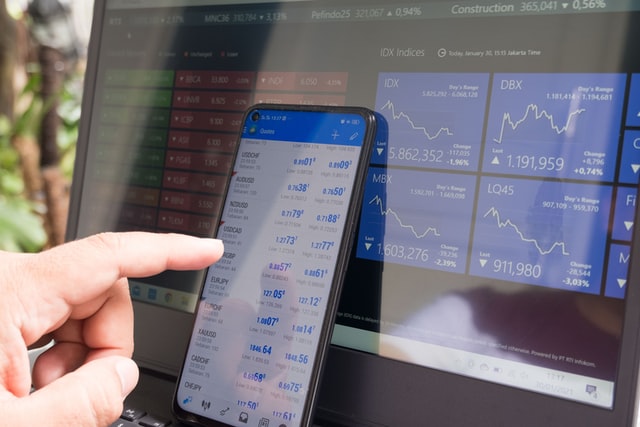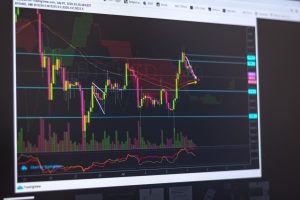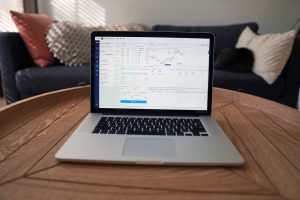There are many ways of getting into a financial market. Investors are daily bombarded with opportunities to trade and invest and the question of which method is best often arises.
Whether you are investing or trading, you will need to look at price movements and make decisions based on those movements. At the heart of both are prediction and forecast. Through the analysis of data, investors decide to trade or invest in a business because of the potential they see in its future.
Entering a financial market has many points of entry including Contracts For Differences (CFDs) and investing.
What Are CFDs?
Contracts For Differences (CFDs) are contracts between an investor and a company. The trader may buy or sell to the company, under the stipulation of the contract. When the contract has ended, the parties exchange the differences between the opening and closing trade prices. These types of contracts are always settled in cash. Physical goods, products or securities are never a means of payment.
Investors can benefit from price movements without owning a single asset. In essence, contracts for differences are a trading strategy. They are a form of derivative trading. A derivative contract derives its value from the performance of the underlying assets.
What Are Investments
An investment is when an investor takes full ownership of an asset or shares within a company. It is particularly suitable for those who want long term value increments rather than shorter term.
Investors benefit from increments in prices and they may also be recipients of dividends and rights to vote if such benefits are applicable and available for them.
Unlike in CFDs, leveraging is not an option. This is because the investment is direct.
The only way to profit through investment is by prices rising above the initial opening point. This is unlike CFDs that can benefit both from falls and rises in prices.
Differences Between CFDs And Investing
You do need to own or purchase an asset when trading CFDs. They rely on the underlying price value of assets without investing in the full price. Investing on the other hand requires that an investor own an asset to trade.
CFDs are normally exempted from stamp duty. This is usually because CFDs do not require investors to purchase assets. They do have to pay capital gains tax for profit made. Investments are not exempted from stamp duty because of their ownership of underlying assets.
CFDs requires active trading because of their short term nature. Investing, however, is more passive because they are a long term investment.
Which Is Better? – CFDs or Investing
CFDs are two very different methods of entering into a financial market and various factors need to be considered when deciding which is the better alternative.
CFDs Have the following benefits;
- It has wide access to various markets
- It trades based on leverage
- Traders have two options i.e. going long or short.
- Allows investors to save on money through stamp duty.
- It does not have time constraints and therefore, has no expiration date.
Disadvantages of CFDs
- The risks are very high. You can end up losing more than you invested
- Leverage makes margins in losses greater i.e. it magnifies losses just as much as it does for profits.
- Choosing brokers can be tricky for CFDs. It is relatively difficult to know those that are legitimate. This is generally because the market being generally unrestricted.
Share trading (investing) has the following benefits;
- It mainly deals with global stocks and ETFs.
- Allows investors to take ownership of assets.
- It is suitable for investors who are comfortable paying for the full value of an asset beforehand.
Conclusion
Any investor must do their research thoroughly before determining their mode of entry into a financial market. Consider factors like whether you want to trade short term or invest long term. Coming into the market with an informed mind makes any investor less likely to make errors and also to make smarter choices. Assessing the risks involved as well makes it easier to decide which investments or trades are better. CFDs are usually not recommended for beginners. It is not easy to comprehend and the statistics show that up to 76% of investors lose their money.






More Stories
What are cryptocurrency exchange-traded funds?
How to implement contrarian strategies?
The following are ten FTSE 100 travel stocks that may take flight in 2022